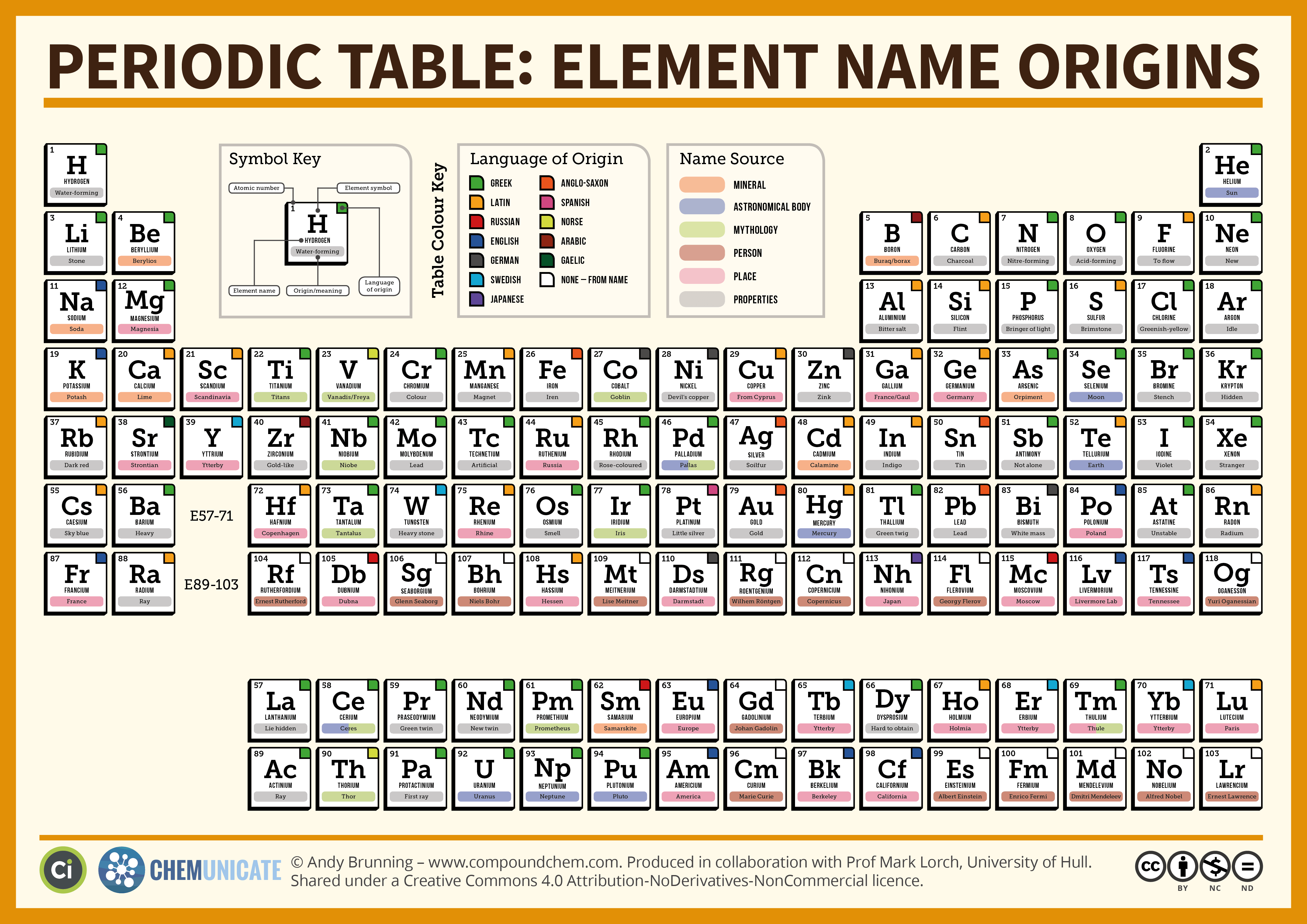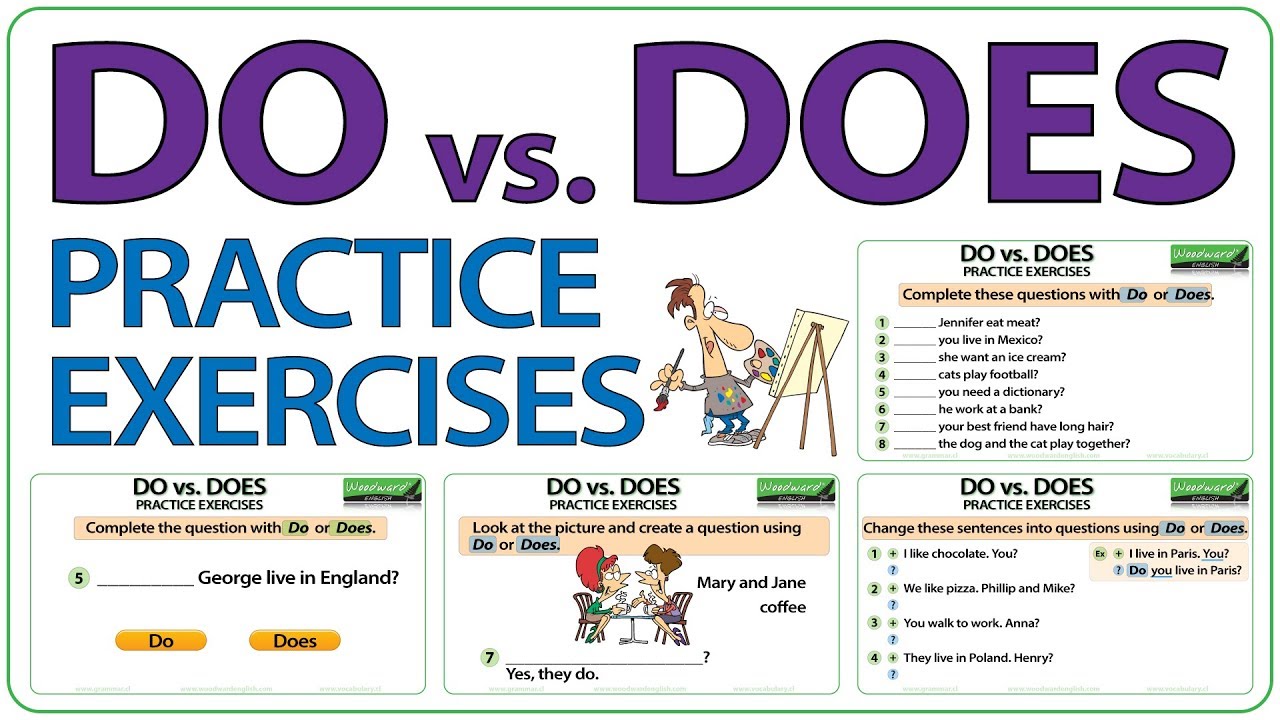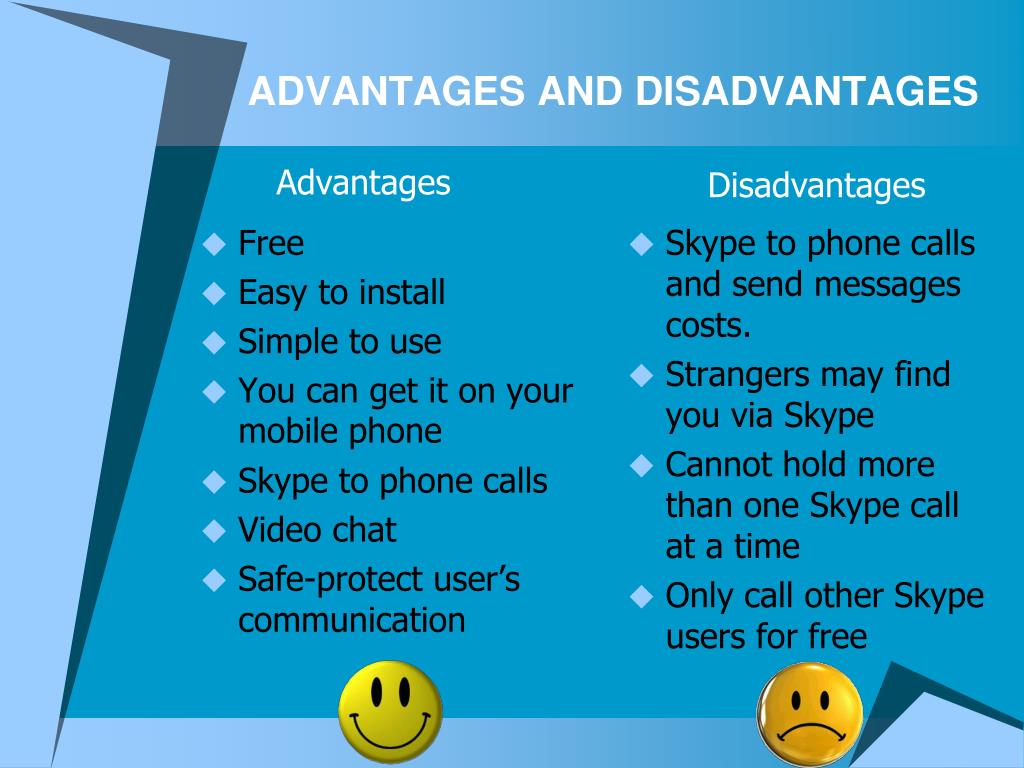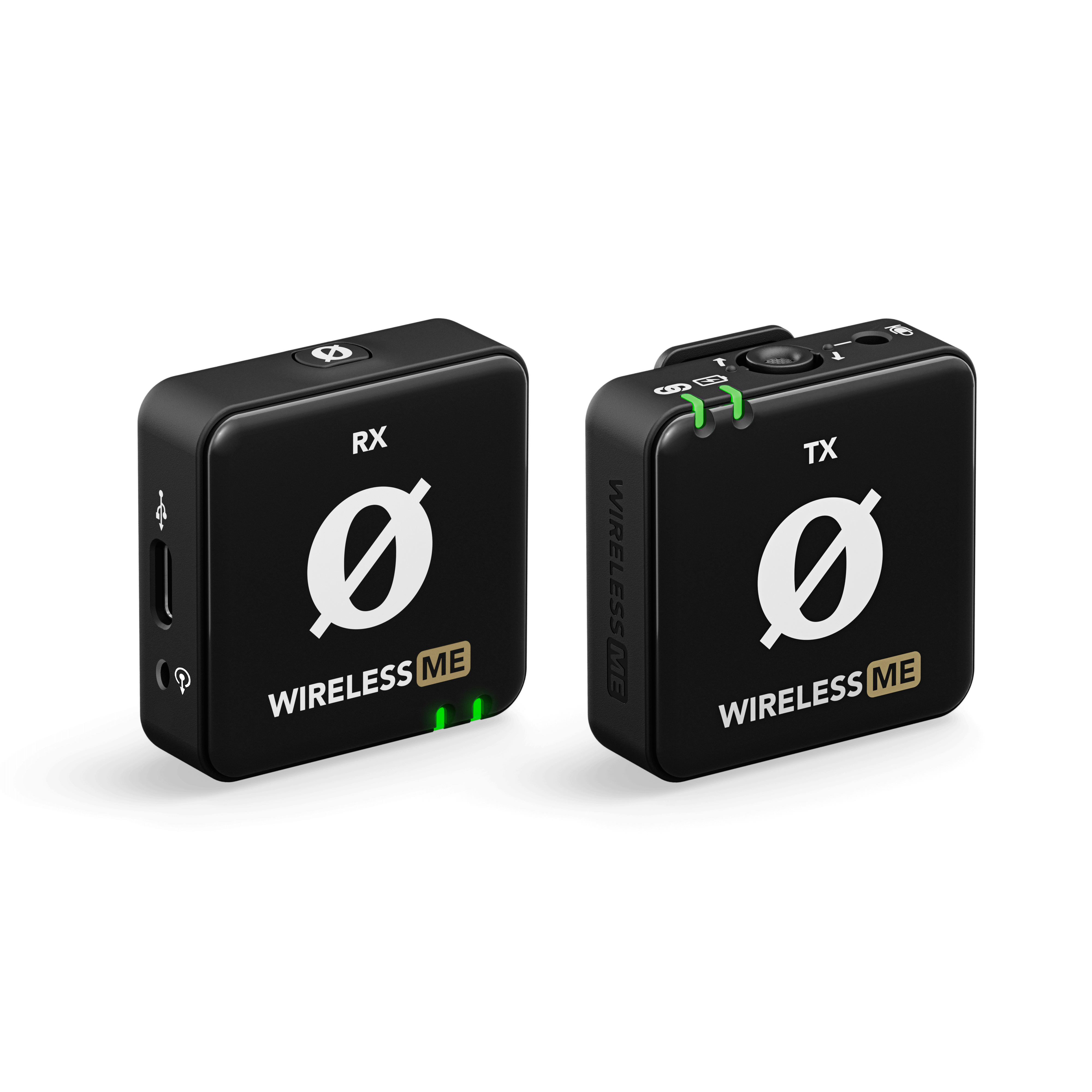How to Obtain a Media Pass for Sports Events: Step-by-Step Guide and Requirements
Introduction: Understanding Sports Media Passes
Media passes for sports events are credentials that grant journalists, photographers, and other media professionals access to areas of sporting venues not open to the general public. These passes enable coverage of games, interviews with athletes, and direct reporting from the field or press box. However, obtaining a media pass is a regulated process, with eligibility and requirements determined by each sports organization or event host. This guide provides a comprehensive overview of how you can pursue a media pass for sports, the steps involved, and alternative pathways for independent and freelance media professionals.
Who Can Apply for a Sports Media Pass?
Eligibility for a media pass is generally restricted to individuals who represent established media organizations. This includes paid journalists, photographers, broadcasters, and recognized online media outlets. Most organizations require applicants to have a clear editorial assignment and a history of regular sports coverage. For example,
USA Track & Field (USATF)
only issues credentials to “members of the working press,” defined as those employed by or representing a known and established media organization that disseminates information to the public through recognized channels such as newspapers, magazines, radio, television, or other mass communication platforms
[2]
. Club representatives, coaches, and individuals without formal media assignments are typically not eligible.
Standard Requirements for Media Pass Applications
Application requirements may vary depending on the event organizer, but the following elements are commonly requested:
-
Proof of Assignment:
Most organizations require a
letter of assignment
from your editor or producer, confirming that you are covering the event on behalf of a legitimate media outlet [2] . -
Media Organization Verification:
Applicants must provide details of the media organization they represent, including a verifiable address and contact information. The New Jersey State Interscholastic Athletic Association (NJSIAA), for example, requires online outlets to demonstrate at least 50% original news content and consistent updates, as well as a six-month operational history [3] . -
Recent Work Samples:
Applicants may need to submit bylined articles or published photographs from the past 30 days to demonstrate ongoing coverage [3] . -
Personal Identification:
When picking up passes onsite, a government-issued photo ID is usually required for verification [1] .
Step-by-Step Process to Apply for a Media Pass
While the details may differ by organization and level of competition, the following steps represent a typical application process:
-
Identify the Governing Body or Host:
Determine which organization is managing the event (e.g., school athletic association, national sports federation, college athletic department). -
Locate the Official Media Credential Application:
Visit the event organizer’s or association’s official website. For U.S. Soccer, for example, you can access the credential application directly via their media credentials page [4] . If unsure, search for the official event or team name followed by “media credential application.” -
Prepare Required Documentation:
Gather a letter of assignment, recent bylined articles or photographs, proof of employment, and organizational contact details. -
Submit the Application:
Complete and submit the credential request form according to the organizer’s instructions. Many organizations require online submission, but some still accept email or mailed applications. -
Wait for Review and Approval:
Credentialing staff will review submissions and may contact you or your editor for verification. Approval is not automatic and is at the discretion of the event host [5] . -
Pick Up or Receive Media Pass:
If approved, instructions will be provided on where and how to collect your pass. This could be at Will Call, the event media entrance, or sent by mail [1] .
Special Considerations for Freelancers and Independent Media
Freelancers and independent journalists may face additional scrutiny. Many organizations, such as USATF and NJSIAA, require a freelancer to submit a current letter of assignment from a recognized media outlet [2] [3] . Without a formal assignment, applications are rarely approved. Some event organizers may also require analytics or proof of audience reach for digital-only outlets. If you are an independent blogger or content creator, consider these alternative pathways:
-
Partner with an Established Outlet:
Secure an assignment from a recognized publication and request a credential on their behalf. -
Demonstrate Audience and Impact:
Be prepared to share web traffic data, social media reach, and examples of previous coverage to bolster your application. -
Apply Early and Follow Up:
Due to high demand and limited space, early application and proactive communication can improve your chances.
College and High School Sports Credentialing
For college and high school sports, the process closely mirrors professional standards but may have unique requirements:
-
College Sports:
Applications are usually reviewed by the university’s athletic communications department. For high-profile tournaments, only senior editorial staff can submit requests, and preference is given to outlets with a proven history of coverage [5] . -
High School Sports:
State athletic associations like the New York State Public High School Athletic Association (NYSPHSAA) require requests from sports editors and may issue passes valid for an entire season or specific events [1] . Temporary credentials for special events can be requested directly from the association’s office.
In all cases, schools and associations reserve the right to deny or revoke passes at their discretion, even for previously approved media representatives.
Potential Challenges and Solutions
Applicants may face several challenges in obtaining media credentials:
-
Limited Availability:
High-profile events have strict quotas, and preference is given to established media outlets. Solution: Build a consistent record of coverage and apply as early as possible. -
Proof of Legitimacy:
Independent or new outlets may struggle to meet eligibility criteria. Solution: Collaborate with established organizations or focus on local/regional events to build your portfolio. -
Changing Policies:
Credentialing standards may change from year to year. Solution: Always review the latest guidelines published by each governing body before applying.
Alternative Paths and Useful Contacts
If you do not meet the standard requirements, consider these alternatives:

Source: luzenelhorizonteymas.blogspot.com
-
Apply for Fan or VIP Experiences:
Some organizations offer behind-the-scenes experiences for fans, but these do not offer the same access as media passes. -
Start Local:
Cover local youth or amateur sports to establish credibility and relationships with organizers. -
Contact the Event’s Communications Office:
When in doubt, reach out directly to the event or team’s communications or media relations department for guidance on their credentialing policies. For instance, U.S. Soccer provides direct contact details for media inquiries on their official site [4] .
Summary and Key Takeaways
Securing a media pass for sports events is possible for individuals who can demonstrate legitimate, ongoing media work and who follow the published credentialing procedures. Preparation, professionalism, and persistence are crucial. Whether you represent a national publication or are building your reputation as an independent creator, understanding and following the correct process is essential to gaining access to the action and telling the stories behind the games.
References
- [1] NYSPHSAA (2021). Media information and credential process for New York State high school athletics.
- [2] USA Track & Field (2025). Official credential guidelines for USATF events.
- [3] NJSIAA (2025). Press credentials requirements for New Jersey high school sports.
- [4] U.S. Soccer (2023). Media credential application instructions for U.S. Soccer events.
- [5] GMTM (2023). How to get media credentials for college sports games.
MORE FROM lowcostbotox.com













